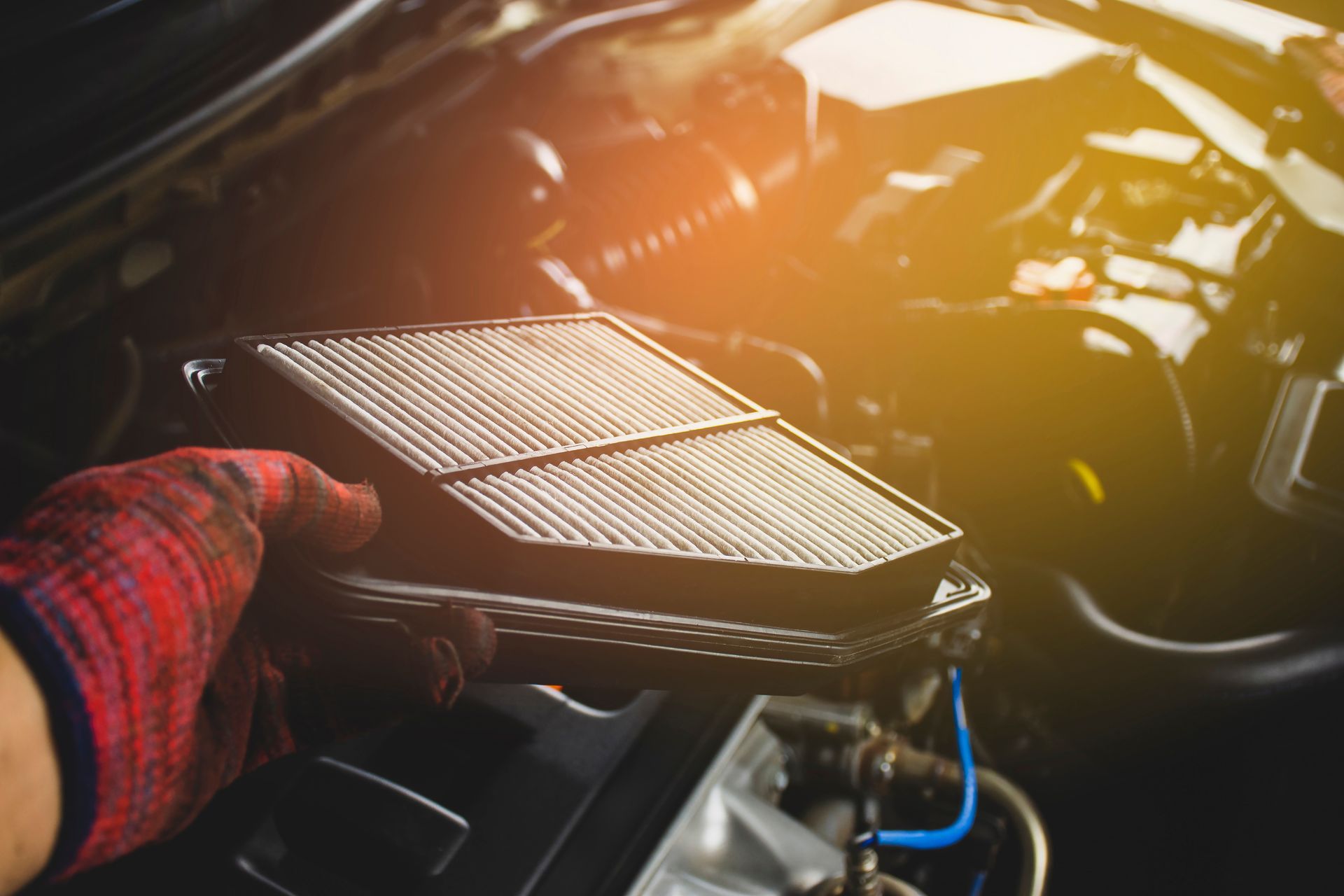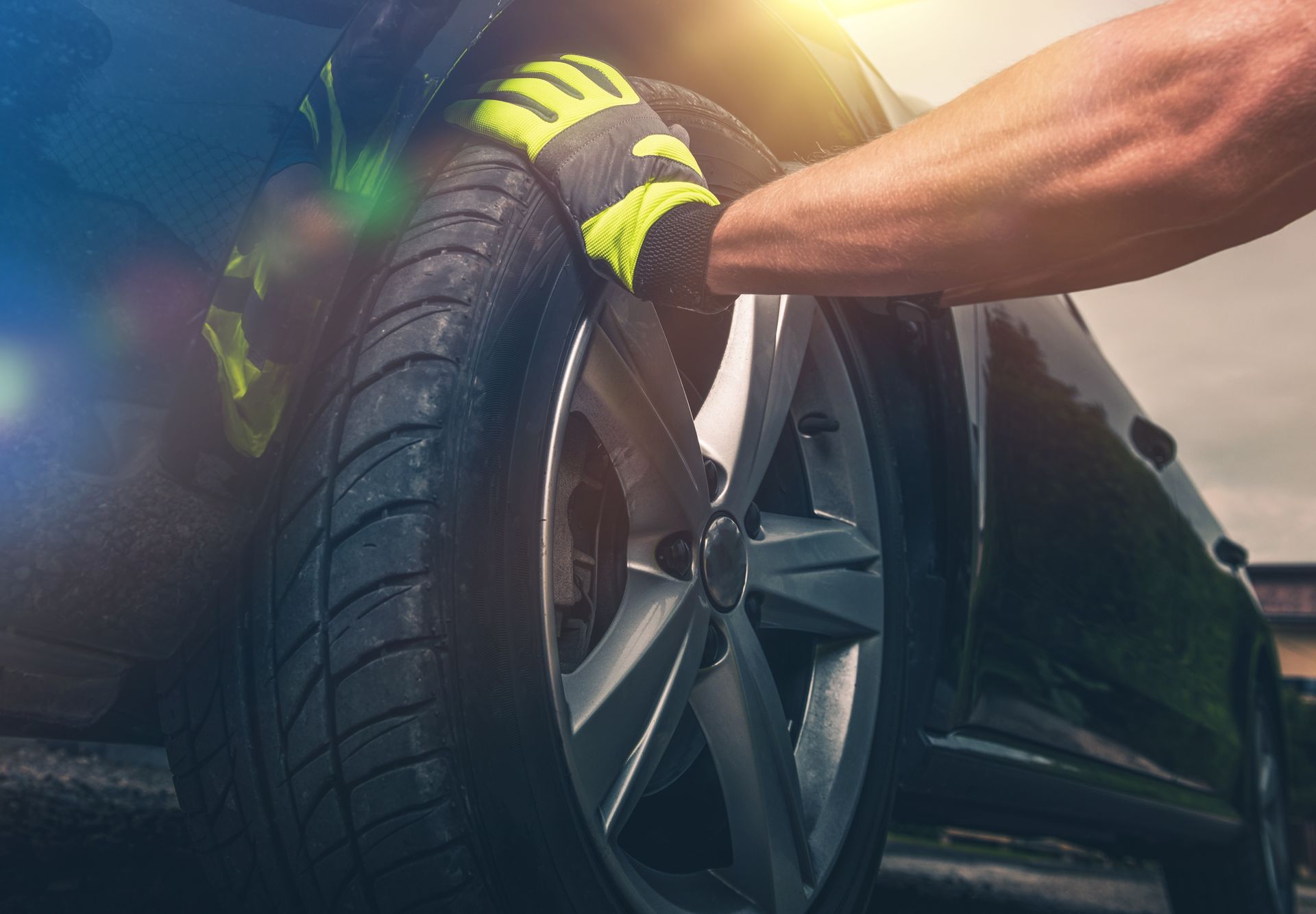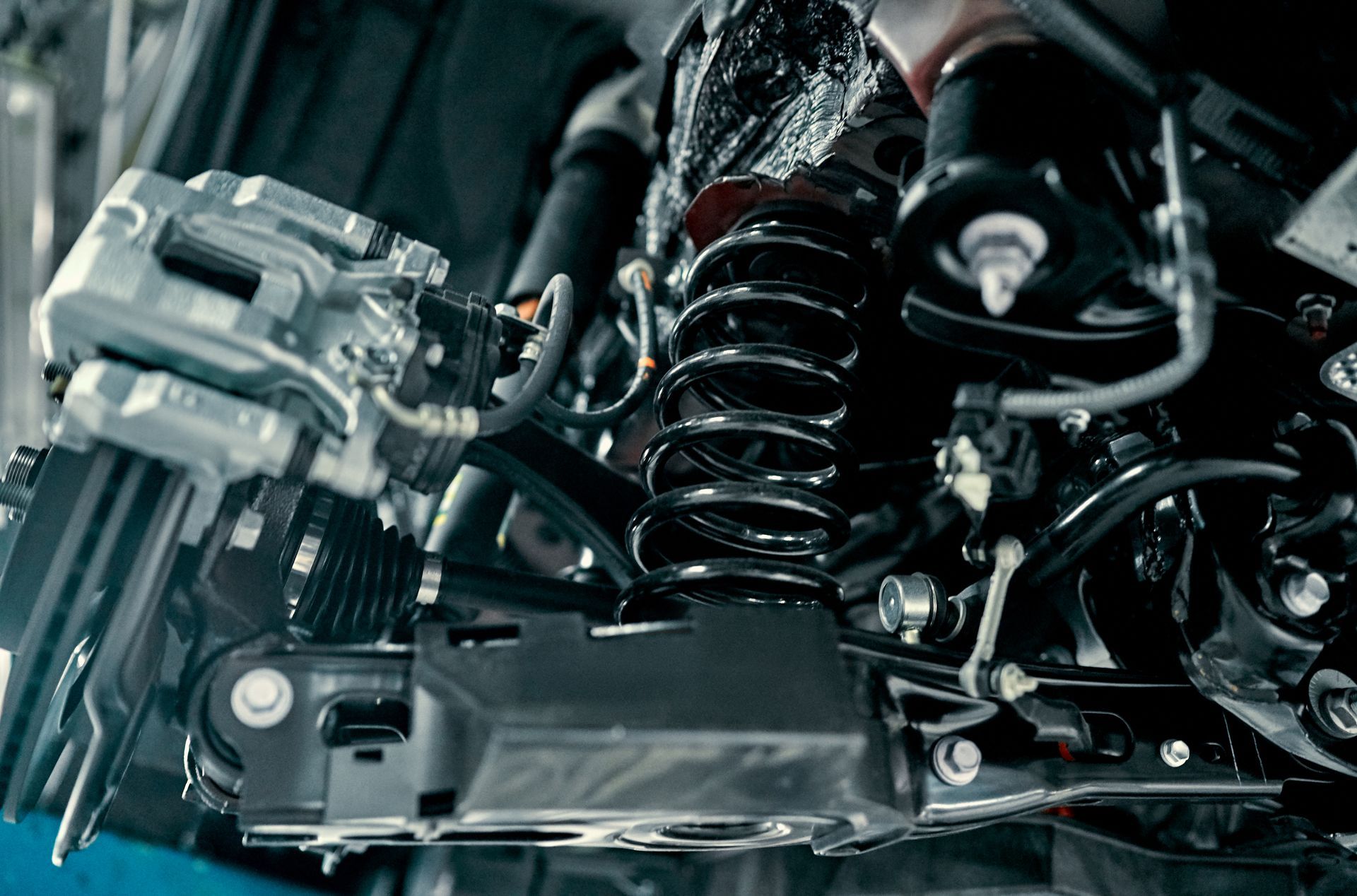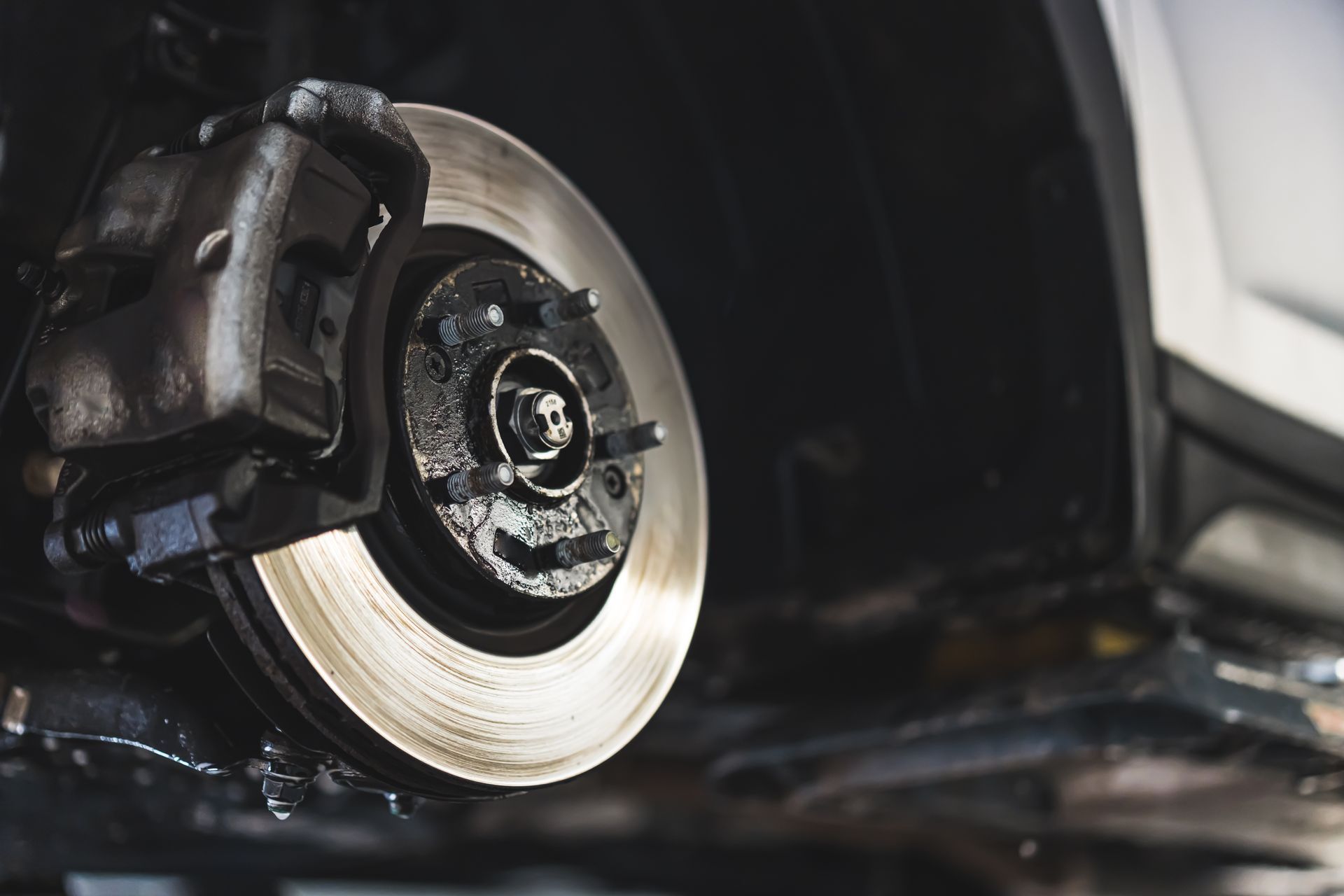10 Fuel-Saving Tips for Drivers To Maximize Mileage
In an era of rising fuel costs and growing environmental consciousness, finding ways to save on gas has never been more important. Whether commuting daily or planning a long road trip, optimizing your vehicle's fuel efficiency can save you money and reduce your carbon footprint. But how exactly can you make your car go the extra mile on a single gas tank? Let's dive into some practical and effective fuel-saving tips.
1. Maintain Proper Tire Pressure
Did you know that under-inflated tires can increase fuel consumption? When your tires are not inflated to the recommended level, they create more rolling resistance, making your engine work harder and use more fuel. Regularly check your tire pressure and keep it inflated to the manufacturer's recommended levels. This small step can lead to significant fuel savings over time.
2. Regular Engine Maintenance
A well-maintained engine guarantees optimal fuel efficiency. Ensure your engine is in good working order by regularly changing the oil, replacing air filters, and keeping spark plugs in good condition. A neglected engine can decrease fuel efficiency by as much as 20%. By staying on top of your engine maintenance , you'll save on fuel and extend your vehicle's life.
3. Drive Smoothly
Aggressive driving, such as rapid acceleration and hard braking, can significantly decrease fuel efficiency. Instead, aim for smooth and gradual acceleration and braking. Use cruise control on highways to maintain a steady speed and avoid unnecessary fuel consumption. This driving style not only saves fuel but also makes for a more comfortable ride.
4. Reduce Excess Weight
Extra weight in your car can reduce fuel efficiency. Remove unnecessary items from your trunk and back seat. While carrying essential emergency equipment is important, try to avoid using your car as a storage space for heavy items. For every 100 pounds of extra weight, your fuel economy can drop by about 1-2%.
5. Optimize Your Air Conditioning Use
Air conditioning can significantly load your engine, leading to increased fuel consumption. Use the AC sparingly and consider rolling down the windows when driving at lower speeds. However, at highway speeds, open windows can create drag and reduce fuel efficiency, so it's better to use the AC moderately.
6. Plan Your Trips Efficiently
Combine errands into one trip rather than making multiple short trips. A warm engine runs more efficiently than a cold one, so planning your trips can save fuel. Additionally, use navigation apps to avoid traffic jams and find the shortest routes, reducing idle time and unnecessary mileage.
7. Use the Right Fuel
Always use the type of fuel recommended by your vehicle's manufacturer. Using a higher-octane fuel than necessary doesn't improve performance or fuel efficiency much; it just costs more. Check your owner's manual to ensure you're using the appropriate fuel for your vehicle.
8. Avoid Excessive Idling
Idling for long periods can waste a significant amount of fuel. If you're stopped for more than a minute, turning off your engine and restarting when you're ready to move is more fuel-efficient. Many modern cars are equipped with start-stop systems that automatically turn off the engine at stops to save fuel.
9. Keep Aerodynamics in Mind
Your car's aerodynamics play a crucial role in fuel efficiency. Remove roof racks or carriers when not in use, as they create additional drag. Keep windows closed at high speeds to maintain the vehicle's aerodynamic profile. Even small changes can improve fuel economy by reducing wind resistance.
10. Monitor Your Speed
Driving at higher speeds can significantly increase fuel consumption. The most efficient speed for most vehicles is around 50-60 mph. For every mph on top, you increase the fuel consumption. Staying within speed limits not only improves fuel efficiency but also enhances safety on the road.
Don't let poor maintenance drain your wallet at the pump. Schedule a service with Crown City Tire Auto Care to ensure your car is operating at peak efficiency. Contact us now!








